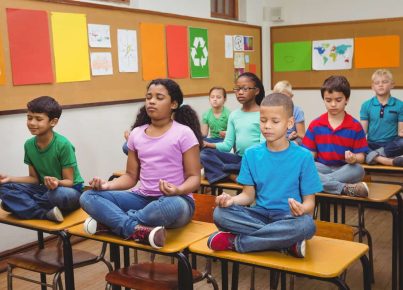In recent years, the concept of snow days has come under fire as some educational institutions and policymakers argue for their elimination. Detractors claim that snow days are an unnecessary disruption to the academic calendar and that remote learning offers a viable alternative. However, getting rid of snow days altogether is a big mistake, primarily due to their role in promoting mental, emotional, and physical health for students and staff, as well as their contribution to the overall school experience.
Firstly, snow days offer a break for students who might be stressed or overwhelmed by the intensive pace of modern education. While remote learning seems like an ideal solution for maintaining continuity when schools are closed due to snowstorms, it fails to take into account that students still need occasional breaks from the routine. A day off from classes allows them to recharge their minds, catch up on rest, and enjoy some unstructured fun outside in the snow. This mental rest is crucial for maintaining optimal performance levels.
Secondly, snow days contribute positively to a child’s emotional well-being. They offer spontaneity and excitement that can help combat the monotony of daily school life. Waking up to find out that you have an unexpected day off offers a sense of freedom that few other experiences can compare with. Indeed, some of the most enduring memories children have about their school years may revolve around those unexpected days when they could make a snowman or have a spontaneous snowball fight with friends.
Moreover, snow days promote physical health and active play in an era where screen time dominates many young lives. With increasing numbers of children glued to screens for most of their free time, snow days give them a compelling reason to venture outside and engage in healthy outdoor activities like building snow forts or going sledding. These types of physical exercise not only help develop motor skills but also contribute significantly to cognitive development.
Additionally, eliminating snow days could negatively impact teachers and staff as well. They too experience the pressures of planning, grading, and meeting rigid deadlines. A snow day affords them an opportunity to unwind and attend to other responsibilities that might have been put on the back burner.
Finally, getting rid of snow days erodes a component of shared educational experiences that bind communities together. Snow days have become a part of the fabric of many educational systems in colder regions and often contribute to school spirit and camaraderie among students, staff, and families.
In conclusion, the evidence supports the idea that maintaining snow days is essential for preserving mental health, emotional well-being, physical health, and overall school experiences. As discussions surrounding snow days continue, it is crucial to remember what we stand to lose if this cherished tradition is pushed aside in favor of an unrelenting academic calendar.




